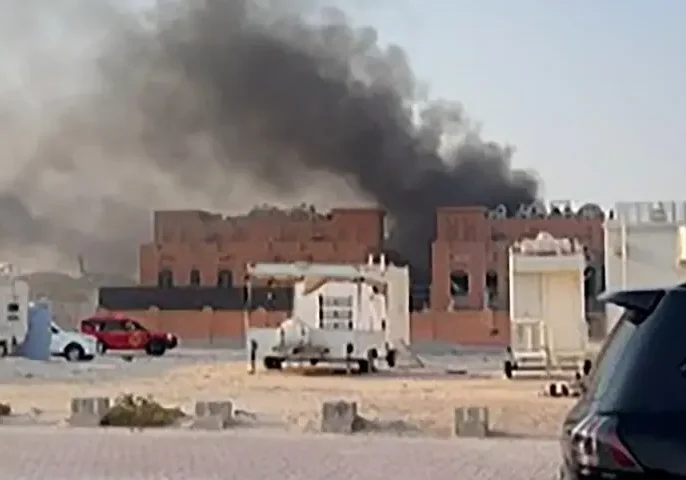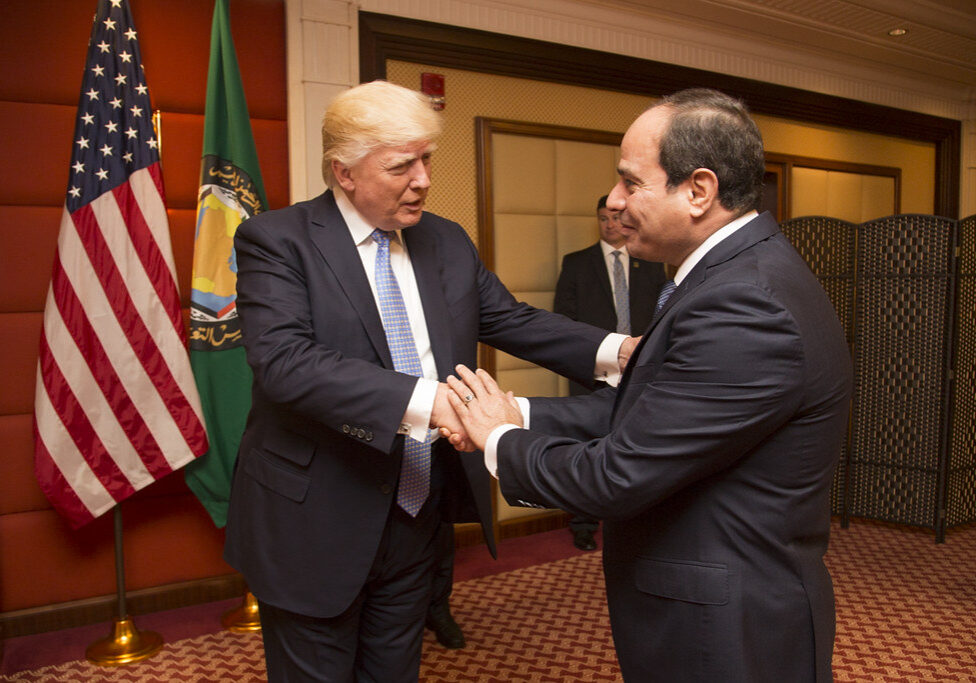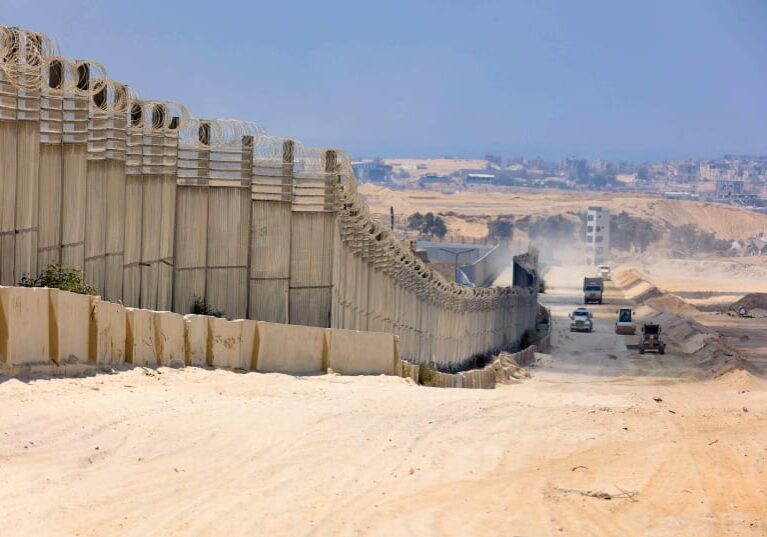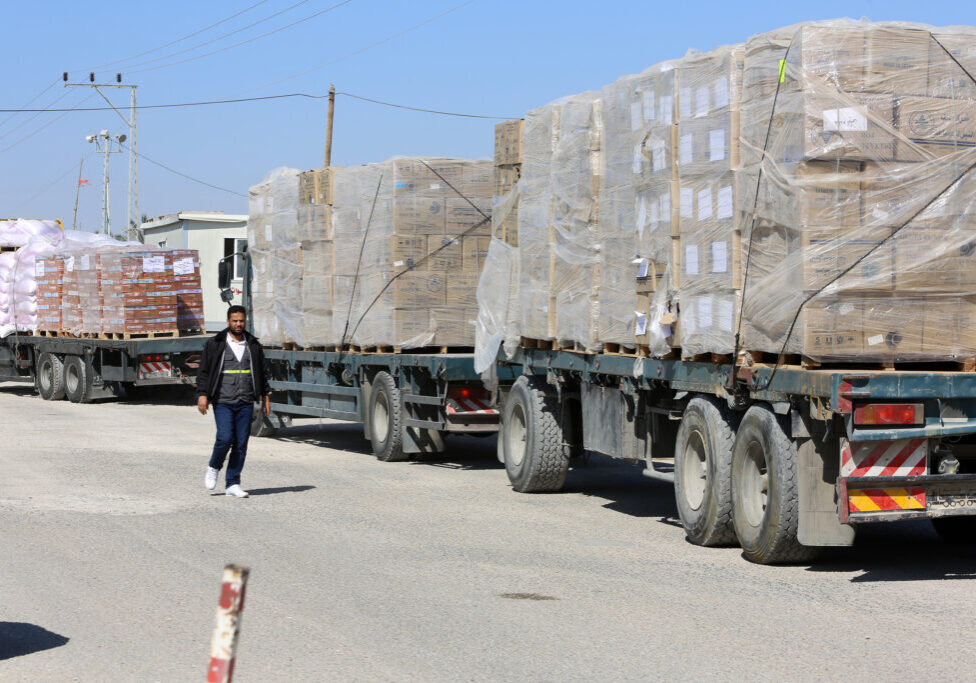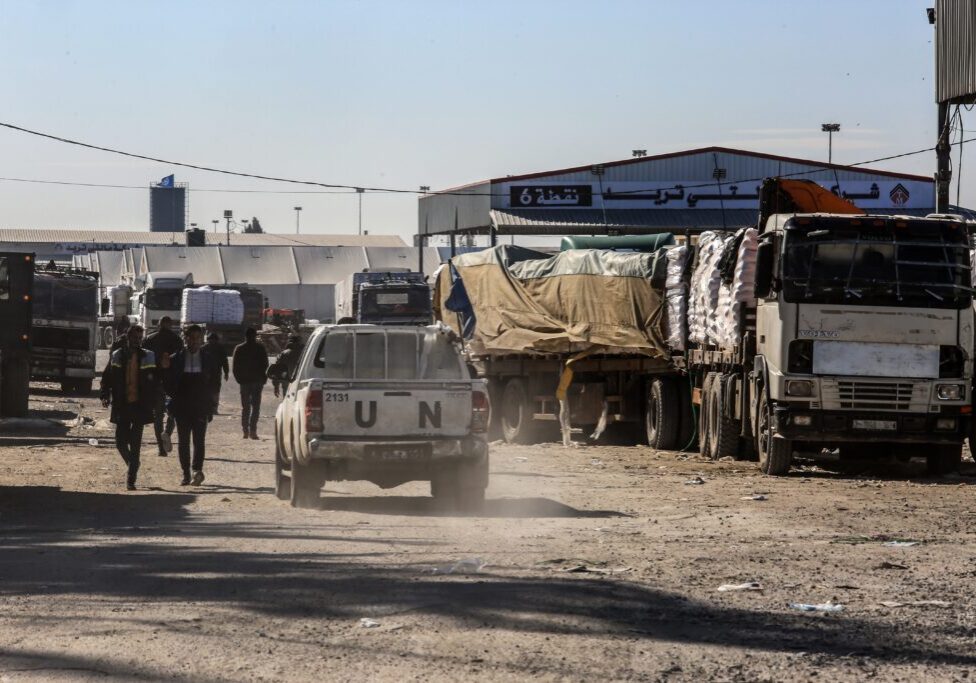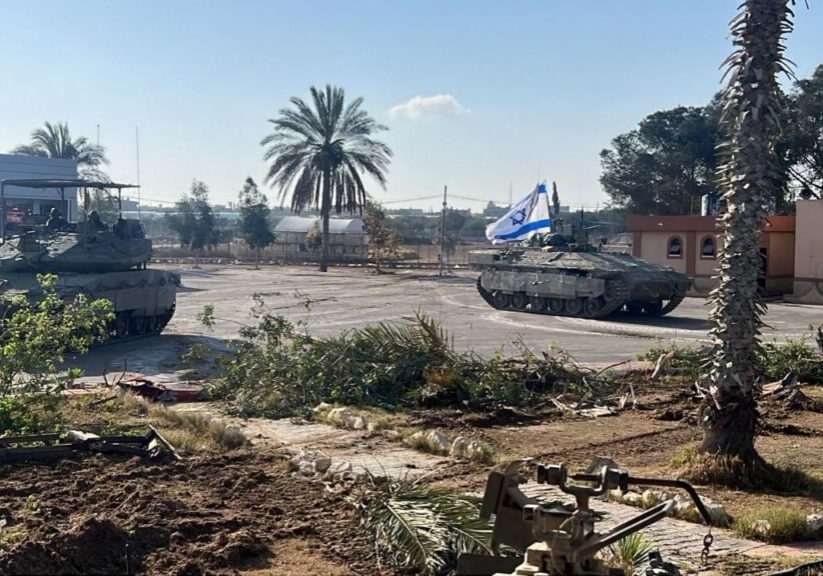Australia/Israel Review
Cinefile: Heroic protesters created tragedy for Egypt
Jan 29, 2014 | Eric Trager
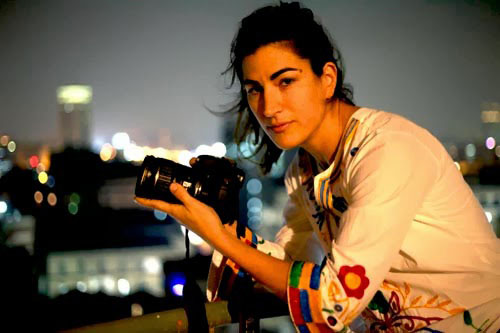
The Square
Director: Jehane Noujaim; Netflix Originals
Eric Trager
In the opening montage of “The Square”, Jehane Noujaim’s Oscar-shortlisted documentary film about Egypt’s Tahrir Square revolutionaries, we meet Ahmed, a twenty-something activist who explains the motivations for the 2011 uprising that toppled Hosni Mubarak. “Egypt was living without dignity,” he says, “Injustice existed everywhere.” Ahmed tells us that he has worked since he was eight, and sold lemons to pay his fifth-grade tuition. “I lived my entire life under Mubarak’s injustice,” he says, as YouTube videos depicting police brutality, torture, and murder roll.
The film then whisks us to the heart of Tahrir Square in late January 2011, where indomitable masses of protesters withstand security forces’ attempted crackdown, dodge bullets and birdshot, and revel in Mubarak’s ultimate demise. “We reclaimed our freedom,” says Ahmed, looking back triumphantly. “And we dreamed that one day all of Egypt would be like Tahrir Square.”
This pristine optimism, as well as the photogenic youth activists who carried it so beautifully, were positively intoxicating in the Arab Spring of 2011. I was in Tahrir Square during the early days of the uprising, and I still consider it the most inspiring thing I’ve ever witnessed. But three miserable years later – during which time power has alternated between military juntas and theocrats – the activists’ hopefulness now seems worse than quaint. It seems delusional. Yet rather than examining, let alone critiquing, the activists’ delusions in any significant way, “The Square” valourises them, saluting them for introducing a “culture of protesting” even as Egypt burns more violently than ever.
To be sure, the activists never expected that their January 25, 2011 protests against police brutality would catalyse Mubarak’s ouster 18 days later. So their lack of preparedness for the subsequent challenges was, to a large extent, understandable. But throughout “The Square”, the activists learn virtually nothing from their various misjudgments as time moves forward.
The protesters’ relationship with the military stands out in this regard. While the small group of protesters on whom “The Square” focuses warily accepts the military takeover following Mubarak’s fall in February 2011, the bulk of the film highlights the profound violence of the junta’s 16-month rule. During this period, over 12,000 Egyptian civilians were tried before military courts, and security forces’ deadly crackdowns on protesters are now memorialised by their geographic locations around Tahrir Square – Maspero, Mohamed Mahmoud, Magles al-Wuzara – as if they were major battles in a drawn-out war. The film’s protagonists are occasionally among these battles’ casualties: They are chased and beaten by thugs, and repeatedly choke on expired teargas. At one point, Ahmed takes some birdshot to the head. The violence subsides temporarily after Mohamed Morsi’s victory in the June 2012 presidential elections, as the junta’s reign ends shortly thereafter.
But one year later – and only 15 minutes after Morsi’s victory in the 100-minute film’s run-time – the activists are suddenly willing to accept the military’s return to power. Morsi’s dictatorial manoeuvres and theocratic ambitions, combined with his use of Muslim Brotherhood thugs to torture and kill protesters, have incited a mass movement against him, and the film’s protagonists eagerly take to the streets. “Do you think the Army will act in the same way it did?” Ahmed asks rhetorically. He clearly doesn’t think so, because he is once again caught up in the enthusiasm of yet another mass protest, and thus convinced that “Now the power is in the hands of the people.” It’s as if the film’s first hour and ten minutes never happened. It’s as if the previous military regime hadn’t shot Ahmed in the head.
Indeed, the protagonists are repeatedly caught by surprise – and not only by the military. During the 2011 uprising, the activists have their first encounters with the Muslim Brotherhood, and decide that the organisation isn’t so terrible. “Usually the Muslim Brotherhood is our biggest fear,” says one activist in Tahrir Square. “But everyone inside the Square now is different.” Yet within months after Mubarak’s fall, the bloom is off the rose: The Brotherhood uses its own Tahrir protests to compel the military to hold elections, which the Brotherhood wins, and the activists accuse the Brotherhood of selling them out. “When the Brotherhood got what they wanted from the military,” says Ahmed, “they left us alone in the Square to get beaten up, arrested, and to die.”
It’s hardly surprising that the activists are so routinely and self-destructively caught by surprise: They practically never leave Tahrir Square. They don’t venture into the poorer neighbourhoods of Cairo. They don’t speak with their fellow citizens in the Nile Delta or Upper Egypt. Aside from Magdy, a Muslim Brother whom the activists befriend in Tahrir Square and who is the film’s most ambivalent and therefore interesting character, the activists don’t really engage anyone who doesn’t fit their general profile: young, semi-cosmopolitan, and vaguely leftist. Indeed, the activists don’t even speak with the shopkeepers along the perimeter of Tahrir Square, who – as “The Square” fails to show – became so frustrated by the activists’ constant protest activities that they eagerly helped security forces clear Tahrir Square following a month-long sit-in in August 2011.
And even on those rare occasions in which the activists do encounter someone with a different point of view, they are more prone to screaming than listening. In this vein, when a Muslim Brother tells Ahmed that the Brotherhood made the revolution, Ahmed explodes, and has to be dragged away by his colleagues. Similarly, when author Mona Anis argues in July 2011 that parliamentary elections will end military rule, activist (and “The Kite Runner” star) Khalid Abdalla dismissively tells her that she’s “living in a vacuum,” and insists that there can’t be elections because “there are no decent parties.”
Yet the activists never attempt to form their own party. This is partly due to their rejection of the transition process that the military outlined following Mubarak’s ouster, which a March 2011 popular referendum largely approved, whereby parliamentary elections preceded the drafting of a new constitution. It’s also due to the fact that the activists don’t have any clear ideology, let alone a policy platform, around which they could mobilise anyone beyond their own comrades. They constantly intone, “bread, freedom, social justice and dignity,” but don’t give even a moment’s thought to what this slogan might actually mean in practice. Yet perhaps more than anything, the activists’ refusal to form a party is a consequence of how they see themselves: as simply too principled for politics.
This generous self-assessment comes during one of the most revealing scenes in the film. It’s the summer of 2012, immediately after Morsi’s presidential victory, and the activists are sitting around analysing their shortcomings. One activist admits that, “Our main problem as revolutionaries, most of the time, we only object and say ‘no’, and we never suggest alternatives.” Mind you, this realisation comes awfully late in the game – nearly a year and a half after Mubarak’s ouster – but it stands out as the only moment in the entire film in which the activists really engage in any self-critique. Yet it’s immediately set aside by Abdalla, the movie-star-turned-activist, who replies, “Politics is not the same as a revolution. If you want to play politics, you have to compromise. And we’re not good at this, at all…We don’t know how to compromise.” And that’s that. They won’t compromise. They’re staying in the Square.
“The Square” hardly portrays these activists as success stories, and it rightly acknowledges the significant violence against the Muslim Brotherhood that followed Morsi’s July 2013 ouster. But by celebrating the activists for introducing a “culture of protesting” to Egypt, the film ignores an important complication: that the activists’ unwillingness to do anything other than protest has, in fact, turned off many Egyptians to the very act itself. Indeed, the military-backed government’s recent “anti-protest law”, which bans unsanctioned gatherings of ten persons or more, isn’t just the work of a deeply autocratic regime. It’s the product of a broader social context that is so sick of upheaval that it will accept outrageously draconian measures against the very activists whom Egyptians hailed as heroes only three years ago.
If the activists are to continue their righteous campaign for a non-dictatorial Egypt, as “The Square” suggests they will, they will have to shift gears: they will have to draft a concrete agenda, better engage the Egyptian public, and organise beyond that one large traffic circle in downtown Cairo. “The Square”, however, gives its viewers no confidence that the activists are capable of a tactical reassessment, and seems painfully unaware that this is even necessary.
Eric Trager is the Wagner Fellow at The Washington Institute. © The New Republic (www.newrepublic.com) reprinted by permission, all rights reserved.
Tags: Egypt

